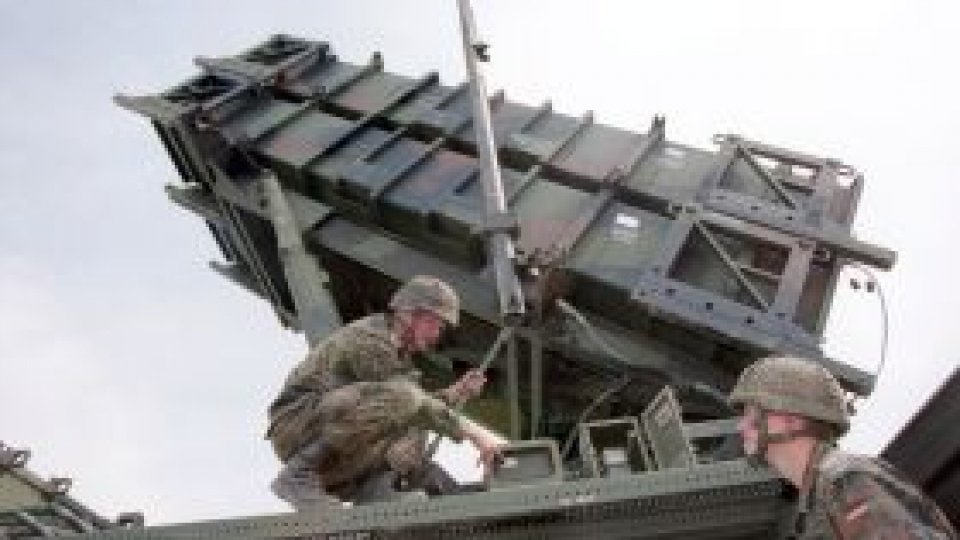Russia demands defence safeguards
The Russian Foreign Minister has recently made a statement underlining that some efficient and specific decisions regarding the conception and architecture of the anti-missile shield should be taken within the NATO-Russia Council.

15 Septembrie 2011, 10:43
The immediate reactions to the agreement signed by the United States and Romania regarding the placement of an anti-missile shield in Romania show that the North Atlantic Alliance supports the agreement between the two countries and sees it as an important step in ensuring the European security.
Once again Russia needs assurances that the defence system will not be used against its nuclear forces and complains through its Foreign Minister about the lack of progress in the negotiations with the United States and NATO.
The Russian Foreign Minister has recently made a statement underlining that some efficient and concrete decisions regarding the conception and architecture of the anti-missile shield should be taken within the NATO-Russia Council.
On the other hand, the statement emphasises the fact that the placement of anti-missile system in Romania as well as the announcement of the forthcoming deployment in Turkey of the anti-missile radar prove that the US anti-missile plans are being implemented swiftly and according to schedule against the backdrop of a lack of progress in the dialogue that Russia is having with the United States and NATO on the anti-missile shield.
The United States and NATO have so far refused the request for legal safeguards that Russia has made after NATO rejected President Medvedev’s suggestion of building a system which would use both NATO and Russian capabilities against any attack, appealing to the Treaty of Washington which prohibits them from delegating the responsibility for the security of member states to a non-member state.
Minister Serghei Lavrov stated on Monday that the American idea of having two separate but coordinated systems, one belonging to NATO and the other one to Russia, supported also by the Assistant Secretary of Defence Alexander Vershbow in a visit to Moscow, would not solve the problem.
According to experts, the main reason lies in the low level of mutual trust.
Moscow’s reaction is negative, but moderate
The agreement has come as no surprise for Moscow and Russia seems to have finally understood that the deployment of the shield cannot be stopped, just like the Russian Ambassador to NATO, Dmitry Rogozin, the representative of President Medvedev on anti-missile defence, has already underlined.
"The United States has taken this decision and there is little chance that NATO can change it. It is extremely important for the Russian Federation to make sure that these projects are not a threat to its strategic security. We cannot put our nuclear shield to risk because it is the guarantee of our sovereignty and the ground that allows the reduction of the offensive strategic weapons and the conventional forces", Dmitry Rogozin stated.
"This is why we must find a compromise solution that could establish some type of joint business, because if we are part of this process, it can pose no threat to us. But if they do not want us to be part of it, they will receive a military-technical response from us", Dmitry Rogozin added.
On the other hand, according to military expert Vladimir Evseev, cited on Wednesday by the Nezavisimaya Gazeta, the Romanian base poses no threat to the nuclear strategic potential of Russia because the SM-3 missile that will be deployed at Deveselu cannot intercept the Russian intercontinental ballistic missiles.
Translated by: Raluca Mizdrea
MA Student, MTTLC, Bucharest University














